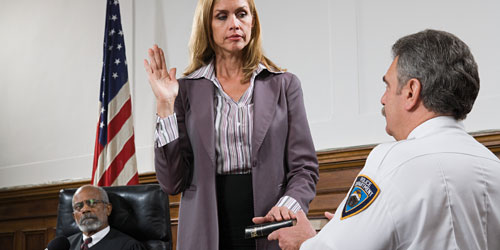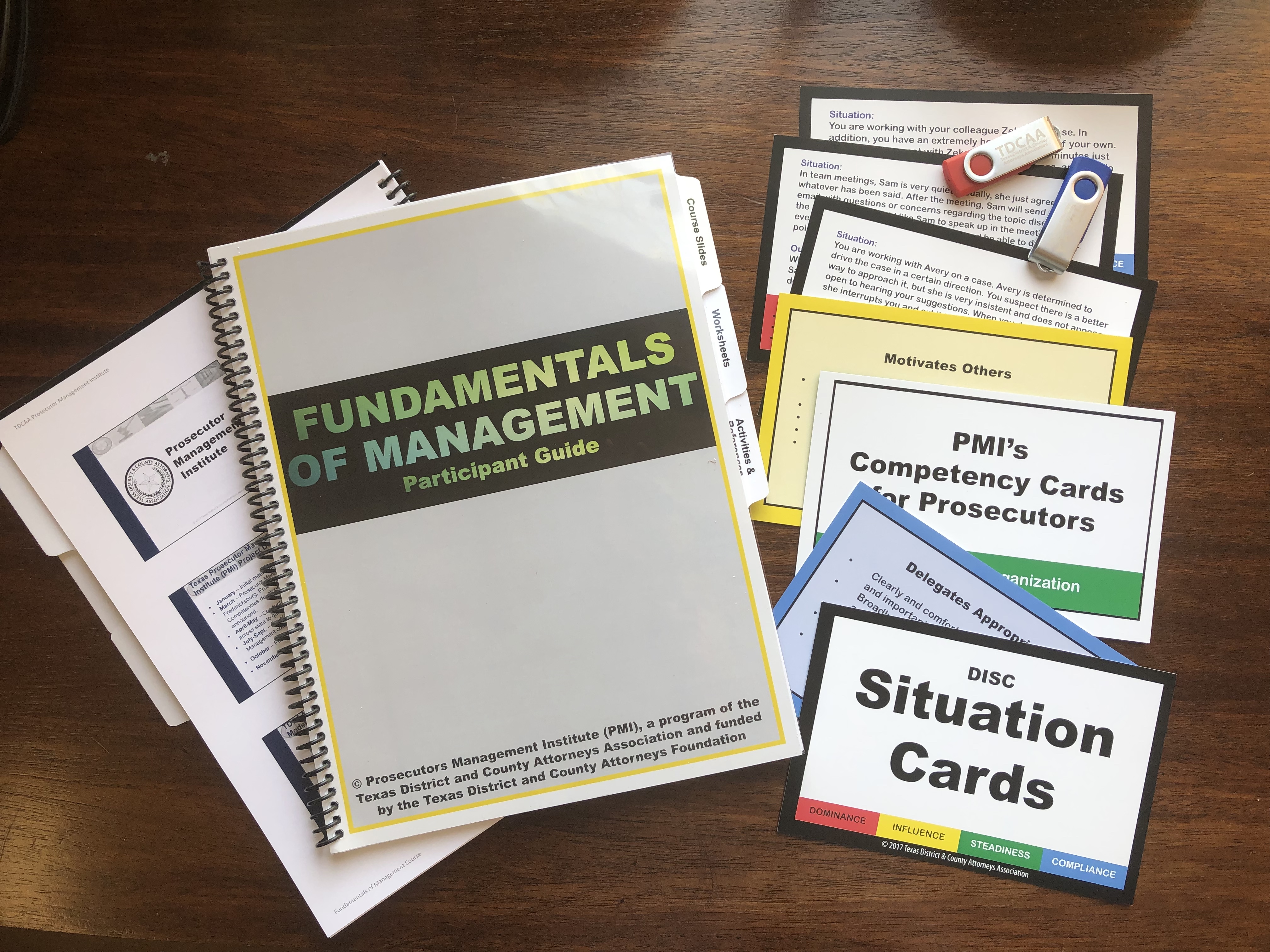Four days are left in this session. Major doomsday deadlines kicked in the last two nights, officially putting thousands of bills out of their misery. Both chambers killed the other’s bills due to a toxic mixture of official deadlines, unofficial retaliations, and general petulance. And things could get weirder from here!
What happens next
Due to House and Senate rules, the only legislation still alive as of 12:00 a.m. this morning are bills that have been approved by both chambers. However, many of those bills will have been substituted or amended in the second chamber, resulting in a different version being approved by each chamber. Those differences must now be reconciled in one of two ways.
First, the originating chamber that receives back one of its bills in a form that differs from what it approved may simply concur with those changes, take one final vote, and send the bill to the governor’s desk. However, if the originating chamber doesn’t like what the other chamber did, a second procedure applies—the originating chamber can refuse to concur with those changes, request the appointment of a conference committee, and appoint five members (the bill’s author plus four others named by the presiding officer) to negotiate a compromise version. The second chamber then does the same, and the eventual compromise is usually hashed out by the author of the bill in the originating chamber and the sponsor of the bill in the second chamber, who must then obtain the approval of at least two of their own conferees (for a majority of three of five conferees per chambers). If successful, then a conference committee report of that compromise goes before each full chamber for a final, up-or-down vote; no changes, no amendments, just “aye” or “nay.” Furthermore, a conference committee generally cannot go “outside the bounds” of the versions of the bill approved by each chamber, greatly limiting the opportunities for mischief—such as dead language re-appearing without notice at the last minute on a different bill. As a result, most of the remaining drama of the session depends on whether the less-predictable House can vote down a bill on which the Senate would not compromise or kill a bill due to a point of order.
Status of various issues
Here is the latest information on a variety of issues that we have been following this session (listed alphabetically):
AG prosecution authority: The Senate refused to concur with the Moody amendment to SB 1257 by Huffman/Leach. A conference committee has been requested by the Senate, whose conferees are Huffman, chair; Nelson, Creighton, Alvarado, and Flores. The House appointed Leach, chair; G. Bonnen, Collier, P. King, and Moody. We will alert you when the final version is official, at which point you will want to alert your House member(s) of your position on the bill depending on what is in it.
The language of SB 1257 was also grafted onto HB 3800 by S. Thompson/Huffman in a Senate committee and passed. The House author must now concur or go to conference to strip out that added language. Again, you should alert your House member(s) if you want to weigh in on that issue.
Assistant prosecutor longevity pay: Preserved with a supplemental appropriation for this fiscal year and an infusion of general revenue for fiscal years 2020 and 2021.
Bail bond reform: Dead.
Budget: The conference committee report for the State Appropriations Act, a.k.a. HB 1, should be out soon so that it can be debated this weekend.
Civil asset forfeiture: Everything is dead but for HB 2613 by Frullo/Huffman, which expands (rather than limits) civil asset forfeiture; it passed the Senate yesterday and is on its way to the governor’s desk.
Contingent fee contract limitations: HB 2826 by G. Bonnen/Huffman is on its way to the governor’s desk.
Death penalty. Bills limiting the death penalty or creating new procedures for defendants with serious mental illness are dead, but a dramatically stripped-down version of HB 1139 by S. Thompson/Miles to prohibit the execution of a person with intellectual disability was approved by the Senate yesterday and now returns to the House for it to concur.
Deferred adjudication for certain DWIs: HB 3582 by Murr/Menendez is awaiting House approval of the Senate’s changes.
Driver Responsibility Program repeal: HB 2048 by Zerwas/Huffman is awaiting House approval of the Senate’s changes.
Grand jury reform: Dead. (SB 1492 by Whitmire/Collier failed to make it through the House process quickly enough to make the final House calendar.)
Hemp/CBD legalization/regulation: The House concurred in Senate changes to HB 1325 by T. King/Perry, and the bill is off to the governor.
Judicial branch pay raise: House Bill 2384 by Leach/Huffman passed the Senate at 12:15 a.m. this morning—don’t worry, the Senate is not as persnickety about its midnight deadlines as the House—and now returns to the House for that chamber to agree with the Senate’s changes or go to conference.
Limits on local government lobbying: After numerous floor amendments that limited its scope, SB 29 by Hall/Middleton was defeated by a vote of 85–58. (To see how your representative(s) voted, click here.)
Marijuana: Everything else cannabis-related is dead except for HB 3703 by Klick/Campbell, which incrementally expands the state’s compassionate use program; that bill passed the Senate and now returns to the House for concurrence or conference.
State jail felony reforms: Dead.
Curious about any other bills or issues? Contact Shannon with a bill number or issue and he’ll let you know.
What’s passed so far?
Believe it or not, the Legislature has already passed more than 125 of the bills we are tracking this session. We’ll have more details in future session wrap-ups, but here’s a short list of bills destined to become law if they can avoid the governor’s veto stamp.
House: HB 51 by Canales/Zaffirini creating standard forms for statewide use in criminal matters; HB 98 by Gonzalez/Huffman revising the state’s revenge porn offense; HB 302 by Paul/Hughes providing defenses to carrying firearms on certain residential or commercial property; HB 446 by Moody/Perry legalizing clubs and brass knuckles; HB 667 increasing the penalty range for certain sexual assaults involving incest; HB 892 by Kuempel/Hughes authorizing county regulation of game rooms; HB 902 by Landgraf/Huffman increasing penalties for assaulting a pregnant woman; HB 2730 by Leach/Hughes narrowing the scope of the anti-SLAPP TCPA; HB 2789 by Meyer/Huffman criminalizing unsolicited adult sexting; and HB 3490 by Cole/Huffman criminalizing online harassment.
Senate: SB 201 by Huffman/Oliverson enhancing punishments for certain looting-related crimes; SB 325 by Huffman/Landgraf creating a state protective order registry; SB 1259 by Huffman/Klick criminalizing fertility fraud; SB 1268 by Watson/Moody authorizing multiple victim allocutions; and SB 1802 by Huffman/Hunter increasing penalties for various prostitution and sex trafficking-related crimes.
If historical trends hold, another 150–200 of our tracked bills will also be sent to the governor’s desk over the next five days. That’s a lot of new laws! Gee, if only there was someone out there who summarized all those impending changes for you. …
Legislative Update seminars
This seems like a good time to tell you that we have opened online registrations for our Legislative Update tour this summer! We’ll visit more than 20 locations throughout Texas in July and August to teach you, your staff, and your local court and law enforcement communities about all the new laws that will impact your work. If you haven’t already received your brochure listing all the locations and details, a PDF version is available online here. Find a date and location convenient for you and your staff and join us for the big show!
Scattershots
Here are some stories and articles we don’t have time to summarize, but they might be of interest to some of you:
- Analysis: Welcome to Hell Week for the Texas legislature (Texas Tribune)
- To avoid infighting in the House, did Speaker Bonnen kill controversial bills? (Dallas Morning News)
- Some prosecutors want to keep low-level criminals out of jail, but some state officials and police aren’t happy (Texas Tribune)
Quotes of the Week
“It’s still such a new area of reform that we’re not sure exactly how it’s going to end up. But it’s encouraging that the reform movement has expanded beyond just police accountability and beyond judicial accountability.”
Jay Jenkins, attorney with the Texas Criminal Justice Coalition, on new policies being adopted by some metro-area prosecutors in Texas.
“I’m sick of this sh!t.”
State Rep. Jonathan Stickland (R-Bedford), overheard at the dais during a heated argument over whether the House rules allowed that chamber to resurrect SB 10, one of the governor’s emergency items on mental health funding that Stickland had killed earlier on a point of order. The bill’s language was successfully amended onto SB 11 (school security) and returned to the Senate in an effort to avoid triggering a special session.
“No one has talked more and done less.”
State Rep. Travis Clardy (R-Nacogdoches), when asked to describe Rep. Stickland in a recent profile of the controversial legislator.



